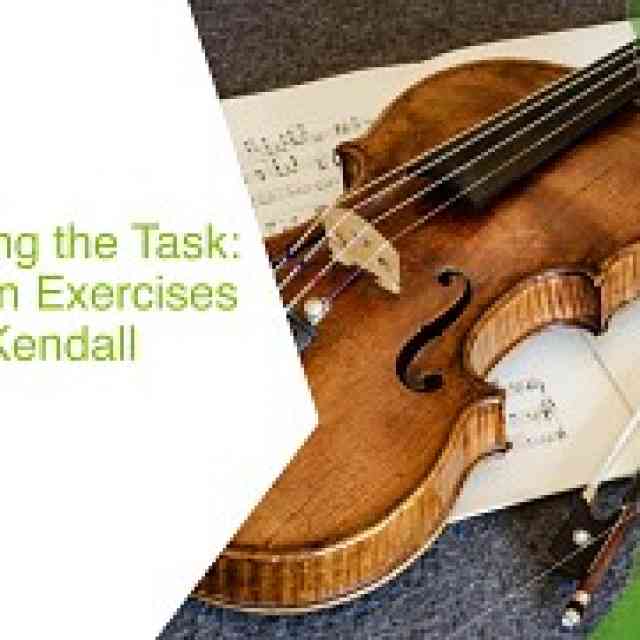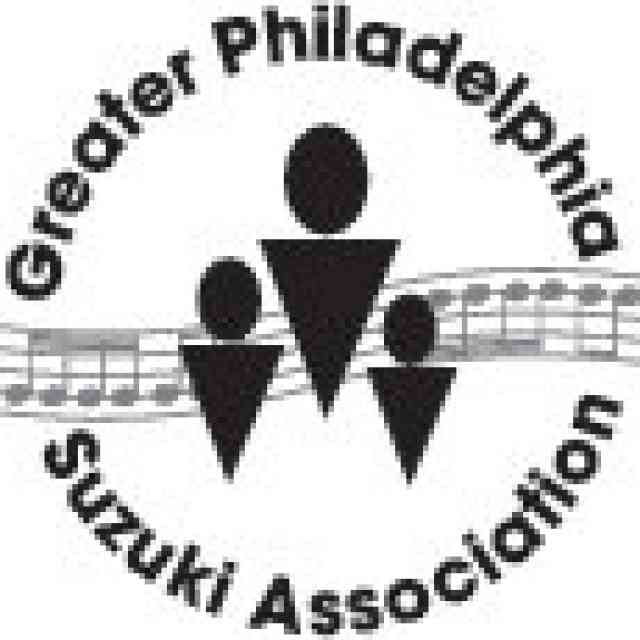It was so amazing to meet and greet those of you who attended our most recent ASTA/SAA conference in Louisville, Kentucky! Belonging to an organization that supports a community of such dedicated, hard-working, effective music educators and learners is so invigorating. The conference was an opportunity to connect with iconic Suzuki educators, Distinguished Young Teacher Awardees, Certificate of Achievement Recipients, new Teacher Trainers, and Suzuki educators from across Canada, the United States, and South America. The conference presentations were engaging and informative; the student performances were simply amazing! An ASTA member shared with me their wonder and appreciation for the variety of instruments and excellent student performances. IYKYK—in Suzuki music education, the possibilities for excellence are endless!
As I conversed with those I had the opportunity to meet, I was grateful for the stories of vibrant Suzuki Chapters and smaller communities. I also was able to engage with some of the representatives of our communities in the development stages, as well as with those from regions that could use more community support. I heard ideas for expanding pre-teacher engagement, thoughts on pay equity, and other ideas about resolving challenges old and new that are part of the fabric of today’s music educators.
At a recent meeting of music educators engaged in a wide variety of pedagogic philosophies, it was readily apparent that through the shared passion for making music participation accessible to all, we have more in common than we have differences. Though scattered across many countries or states, we have a unique approach to music education that is appreciated and needed (though not always well understood!) even by those outside of our Suzuki community.
Our collective Suzuki community enjoys a legacy of new perspectives that challenge traditional thoughts about music education. New ideas are a foundational characteristic of Suzuki music education, inherent in what I’ve heard to be Dr. Suzuki’s signature teaching phrase, "New idea!” New ideas may or may not replace traditional thought, but they are what contribute to a community’s vibrance and relevance. What new ideas have emerged in your teaching or your Suzuki community? How do you think Suzuki music education should evolve and grow?
I wish I could have had the opportunity to meet more of you. I am well aware of some of the challenges in traveling to a Suzuki conference. Although I have heard from chapter colleagues about their experiences at previous conferences, this was my first ever Suzuki conference. I would encourage those who have yet to attend to begin planning for the 2026 conference, and to consider attending the Leadership Conference scheduled for next year, 2025. Even better, plan to present some of your “new ideas,” and share what works in your studio or community. We are a valuable part of the villages around the globe that it takes to rear our most precious commodity—our children!







